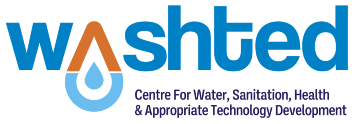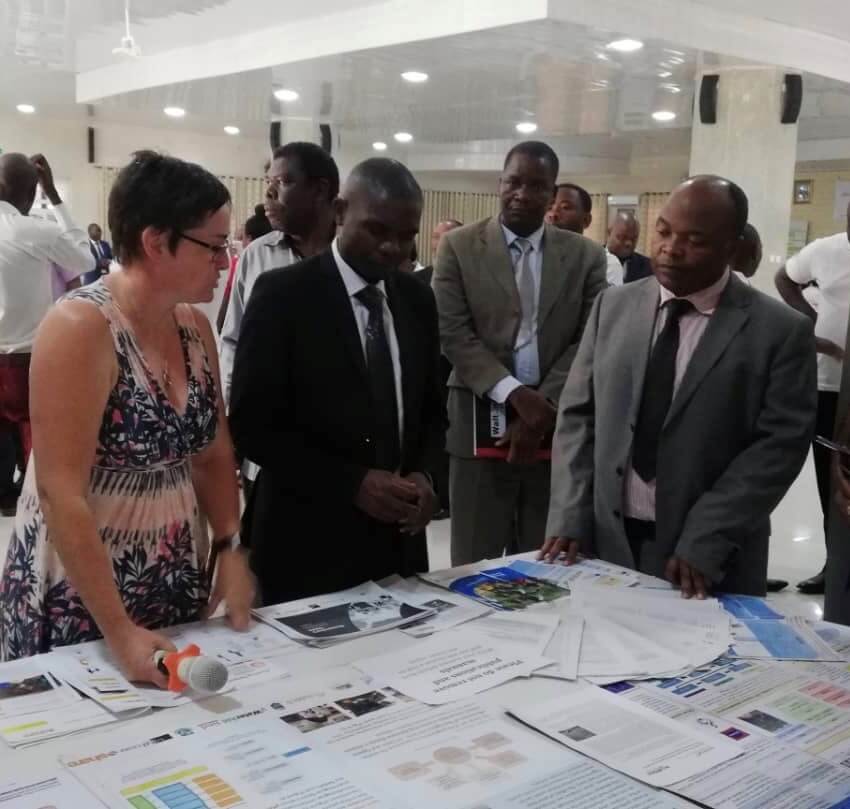The Reckitt Global Hygiene Institute’s (RGHI) Early Childhood Development (ECD) project launched its activities this June. The ECDC project aims to develop and test an ECDC-based intervention to improve hygiene behaviours both in ECDCs and home environments. This includes creating clean surroundings, promoting handwashing, and ensuring food hygiene. The study will be implemented in three phases:
Phase One: Rapid Assessment and Formative Study
(June 2024-May 2025); this will focus on gathering preliminary data and understanding the current situation.
Phase Two: Feasibility Study
(May 2025-DDecember 2025); this will involve designing and testing a tailored intervention from phase one findings.
Phase Three: Cluster Randomized Trial
(January 2026 – December 2026) and will modify and implement the intervention from phase two at large scale
The project activities started with two key events: the Research Advisory Group (RAG) meeting and a community engagement session.
Research Advisory Group Launch
The RAG, essential for guiding and supporting the research, consists of stakeholders from various levels of government and non-governmental organizations. Members include representatives from the central and district-level governments, specifically the ministries of gender, social welfare and community development, water, and health. NGOs and civil society organisations involved in early childhood development are also part of this team.
The inaugural RAG meeting took place in Salima on June 21, 2024. During this meeting, participants shared valuable insights to ensure the research is well-informed and aligned with both local and national interests. This collaboration aims to ground the entire research within the Malawian context effectively.
Community Engagement Session
On June 27, 2024, a community engagement meeting was held at the Malawi University of Business and Applied Sciences. This event gathered over 40 participants from various Early Childhood Development Centres (ECDCs) in the district, including officers from the district social welfare office, water department, and environmental health section.
During the meeting, the research aims and plans were shared, and participants provided feedback that will be integrated into the research process. This engagement is crucial for ensuring the research addresses the community’s needs and perspectives.
The collaboration with the District Social Welfare Office and other relevant stakeholders is crucial for the success of this project. Together, we aim to create a healthier environment for early childhood development in Malawi. Be on the lookout for more updates in the near future.



